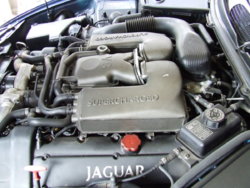[QUOTE 5112740, member: 9609"]is this the reading from the cars computer? or is it a fill to fill calculation taking in distance inaccuracies caused by tyre sizes ?
My wifes Yeti will show an impressive 50 to 55, but its true long term average is 42. (what can you expect from the VW group)[/QUOTE]
The in car readout and the fill to fill calculations in my Peugeot 207 SW generally agree.
My wifes Yeti will show an impressive 50 to 55, but its true long term average is 42. (what can you expect from the VW group)[/QUOTE]
The in car readout and the fill to fill calculations in my Peugeot 207 SW generally agree.



 [/QUOTE]
[/QUOTE]